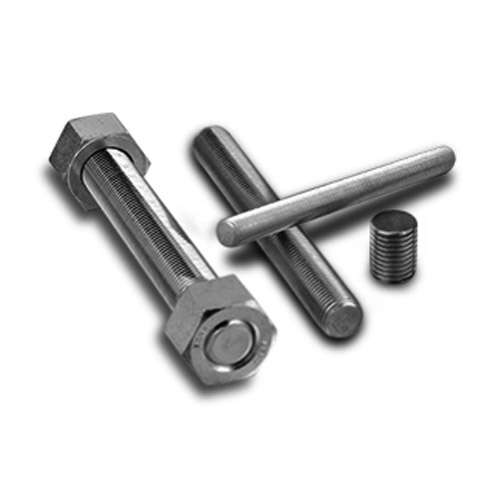Understanding the Importance of Hydraulic Brake Lines for Trailers and Their Maintenance Tips
kol . 14, 2024 12:46 Back to list
Understanding the Importance of Hydraulic Brake Lines for Trailers and Their Maintenance Tips
Understanding Trailer Hydraulic Brake Lines Essential Components for Safe Towing
In the realm of towing and trailer operation, safety is paramount. One of the most critical components that ensure safe stopping power is the trailer hydraulic brake line. These lines play a crucial role in the hydraulic braking system that enables trailers to decelerate effectively, responding promptly to the towing vehicle’s braking actions. In this article, we will explore the importance of hydraulic brake lines, how they work, maintenance tips, and why they should never be overlooked.
How Hydraulic Brake Lines Work
Hydraulic brake lines serve as a conduit for brake fluid, carrying it from the master cylinder of the towing vehicle to the brake assemblies on the trailer. The basic principle behind hydraulic brakes is that when a driver presses the brake pedal, pressure is exerted on the brake fluid contained within the lines. This pressure is then transmitted through the fluid to the brake calipers or drums on the trailer, leading to the engagement of the braking mechanism.
The efficiency of this system depends heavily on the condition of the hydraulic brake lines. These lines are typically made of rubber or metal and are designed to withstand high pressure and temperature changes. Over time, factors such as wear, exposure to the elements, and road conditions can lead to deterioration, resulting in leaks or bursts, which severely compromise braking effectiveness.
Importance of Regular Maintenance
Maintaining trailer hydraulic brake lines is essential for safety. Regular inspections can help identify wear and tear, ensuring that any issues are addressed before they lead to failure. Trailer owners should pay close attention to signs of damage, such as
1. Visible Cracks or Fraying Inspect the outer casing of the brake lines for any signs of wear, such as cracks or fraying. These can indicate that the line is at risk of failure.
trailer hydraulic brake lines

2. Fluid Leaks Puddles of brake fluid or damp spots along the brake lines or at connections are indicators of a leak that needs to be addressed immediately.
3. Corrosion For metal brake lines, rust or corrosion can weaken the structure, making it essential to replace any corroded parts.
4. Spoilage of Brake Fluid Brake fluid should be clear and free from contaminants. If it appears discolored or has a foul odor, it may need to be changed.
Replacement and Upgrading
If a trailer's hydraulic brake lines are found to be damaged or worn out, replacing them is vital. The replacement process typically involves draining the old brake fluid, removing the damaged lines, and installing new ones. While some DIY enthusiasts may tackle this job, having it performed by a qualified technician is recommended, especially for individuals unfamiliar with brake systems.
Additionally, upgrading to higher-quality brake lines can enhance a trailer's braking performance. Stainless steel brake lines, for example, offer greater resistance to corrosion and can handle higher pressures, contributing to more reliable braking capabilities.
Conclusion
In summary, trailer hydraulic brake lines are vital for safe towing and effective braking. Their proper function is crucial for the safety of not only the driver but also other road users. Regular maintenance checks, vigilant inspections, and timely replacements are strategies that every trailer owner should implement. By ensuring that hydraulic brake lines are in top condition, you can help safeguard against potential accidents and enhance the overall performance of your towing setup. Always remember when it comes to trailer safety, there’s no such thing as being too cautious.
